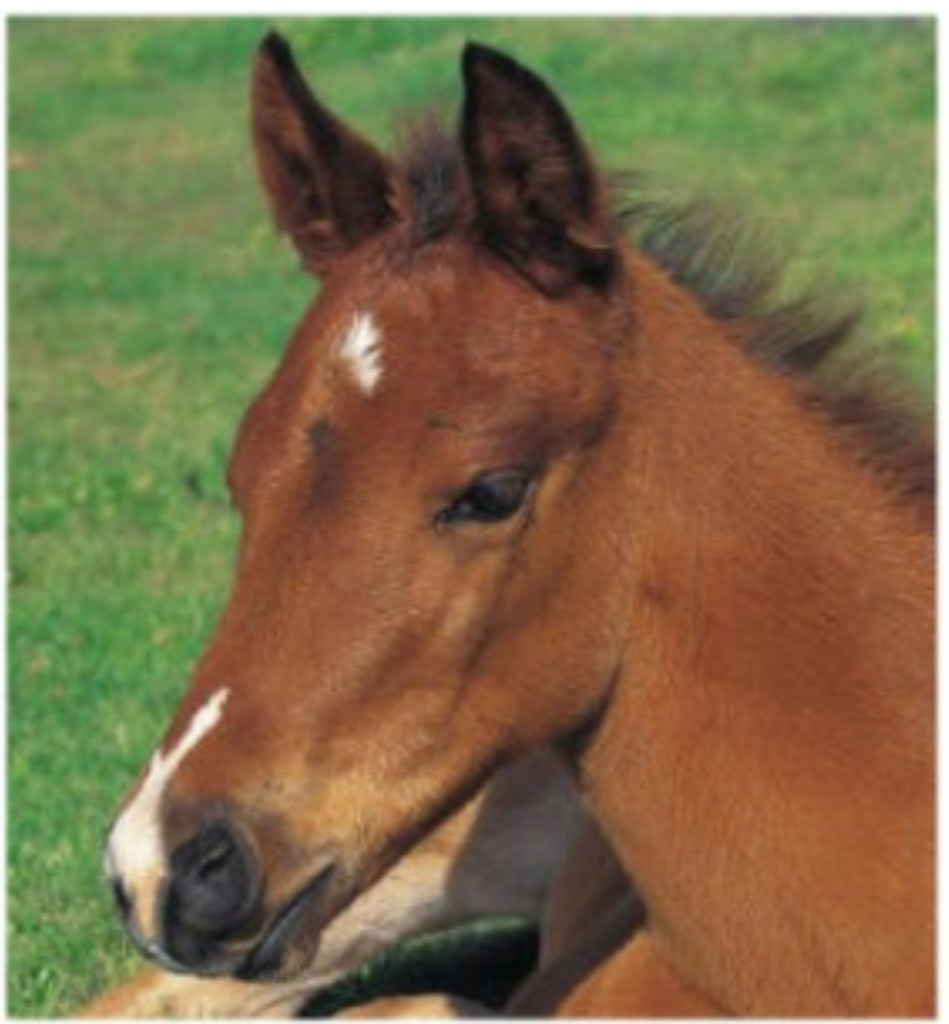Fescue Toxicosis in the Mare
by Ben J. Character, DVM

Fescue is a cool season perennial grass that is very common in Northern Alabama. It usually grows in clumps, and does very well from September until summer of the following year. Because of its’ ability to grow during the cooler months, it is an important winter forage for many horses.
In most situations, fescue is a safe way to meet the dietary needs for horses. However, unfortunately, it is not a good forage choice for late-term pregnant mares. Most fescue contains an endophytic fungus that can cause serious health problems. If fescue is fed during the last three-to-four months of gestation, it can have devastating effects on the mare or the foal.
The most common problem resulting from fescue in mares is agalactica (lack of milk). Usually, there is little warning that the problem will occur. Although most mares will begin having mammary enlargement prior to foaling, some mares may not. If fescue is the cause of the lack of mammary enlargement, no milk will be produced after the birth of the foal. This means that there will be no colostrum (first milk) for the baby. Without colostrum, the foal will die. To complicate matters, most foals even without colostrum or any other milk, seldom show any signs of illness for 2-3 days. Medical treatment must be given within the first 12-18 hours of birth to try and save the foal.
Another problem that can result from fescue is premature separation of the placenta. This results in the condition “red bag”. The foal will be born dead and will still be inside the placenta after it is born.
To prevent fescue toxicosis, take all pregnant mares off any fescue pasture or hay at least three months prior to foaling date. This will allow enough time fore the body to rid itself of the fungal effects and prepare for the birth of the foal. If this is not possible, all mares and foals should be checked as soon as possible following foaling. The mare should be checked to make sure that she has plenty of milk, and the foal should be checked to be sure that it is nursing well. If there is any problem, a veterinarian should be called for a thorough examination.
